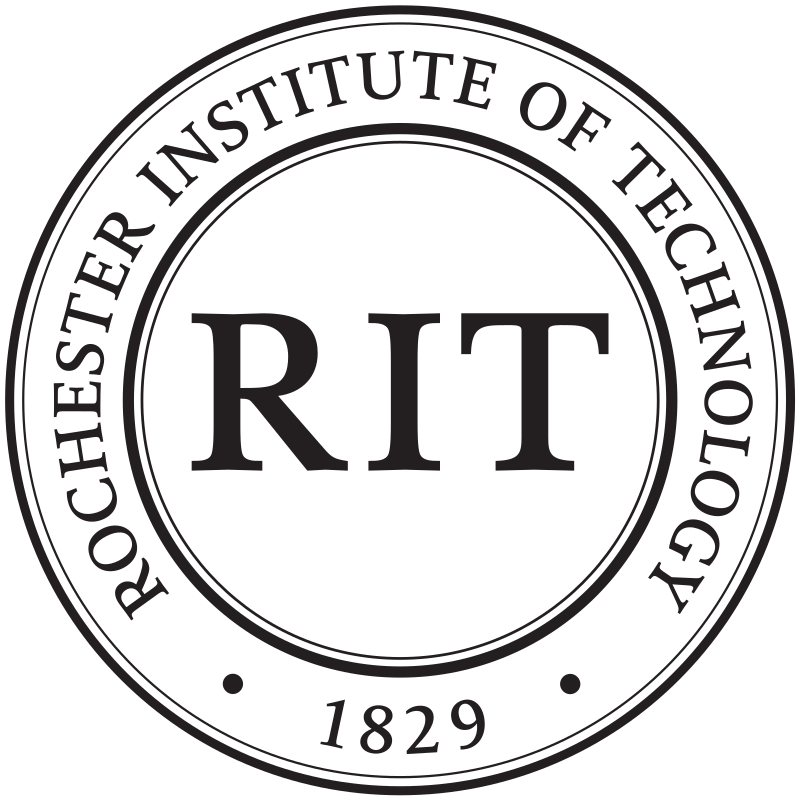
Foreign Education Consultants
Typically replies within minutes
Foreign Education Consultants
Hi There,
How can I help you?

Foreign Education Consultants
Typically replies within minutes
Foreign Education Consultants
Hi There,
How can I help you?
Get university recommendations.
Create SOP for free
Direct university communication
Track your application
Online payments
Don't have an account?
Get university recommendations.
Create SOP for free
Direct university communication
Track your application
Online payments
Already have an account?
Get university recommendations.
Create SOP for free
Direct university communication
Track your application
Online payments
Got your password?

Application Fee
As digital image use continues to expand there is an increasing demand to fill the dynamic imagine science careers. RIT’s Imaging Science MS provides the training and research opportunities needed to excel in industries like computer vision, astronomical imaging, satellite-based imaging systems and applications, virtual and augmented reality, and the use of UAVs (drones) in precision agriculture.
This emerging field integrates engineering, math, physics, computer science, and psychology to understand and develop imaging systems and technology. Discover the “how” behind imagine systems. Explores the creation and interpretation of image forming systems that are used in a broad range of applications from environmental forecasting and remote sensing to the analysis of the physical properties of radiation-sensitive materials.
In core classes, you’ll study the physical properties of radiation-sensitive materials and processes, the applications of physical and geometrical optics to electro-optical systems, the mathematical evaluation of image forming systems, digital image processing, and the statistical characterization of noise and system performance. Additionally, MS Imaging students complete either a research thesis or graduate paper/project. In general, full-time students are required to pursue the thesis option and in select areas will be supervised by faculty within the Chester F. Carlson Center for Imaging Science. The project option is targeted to part-time and online students who can demonstrate that they have sufficient practical experience through their professional activities.
RIT’s master's in imaging science is geared toward advancing and broadening the skills of professionals working in the imaging industry and preparing you for research positions in the imaging industry or in the application of various imaging modalities to problems in engineering and science.
The curriculum is a combination of:
The imaging MS program can be completed on a full- or a part-time basis. Some courses are available online, specifically in the areas of color science, remote sensing, computer vision, and digital image processing.
Specialty Track Courses
Students choose two courses from a variety of tracks such as: digital image processing, computer vision, electro-optical imaging systems, remote sensing, color imaging, optics, hard copy materials and processes, and nanoimaging. Tracks may be created for students interested in pursuing additional fields of study.
Research Thesis Option
The research thesis is based on experimental evidence obtained by the student in an appropriate field, as arranged between the student and their adviser. The minimum number of thesis credits required is four and may be fulfilled by experiments in the university’s laboratories. In some cases, the requirement may be fulfilled by work done in other laboratories or the student's place of employment, under the following conditions:
Faculty within the Chester F. Carlson Center for Imaging Science supervise thesis research in areas of the physical properties of radiation-sensitive materials and processes, digital image processing, remote sensing, nanoimaging, electro-optical instrumentation, vision, computer vision, color imaging systems, and astronomical imaging. Interdisciplinary efforts are possible with the Kate Gleason College of Engineering and the College of Science.
Graduate Paper/Project Option
Students with demonstrated practical or research experience, approved by the graduate program coordinator, may choose the graduate project option (3 credit hours). This option takes the form of a systems project course. The graduate paper is normally performed during the final semester of study. Both part- and full-time students may choose this option, with the approval of the graduate program coordinator.
Imaging Science (thesis option), MS degree, typical course sequence
Course Sem. Cr. Hrs.
First Year
IMGS-606 Graduate Seminar I 1
IMGS-607 Graduate Seminar II 1
IMGS-616 Fourier Methods for Imaging 3
Choose two of the following:
6
IMGS-619 Radiometry
IMGS-620 The Human Visual System
IMGS Elective
Choose three of the following:
9
IMGS-613 Probability, Noise, and System Modeling
IMGS-633 Optics for Imaging
IMGS-682 Image Processing and Computer Vision
IMGS Elective
Second Year
IMGS-790 Research & Thesis 4
IMGS Specialty Track Course
3
Choose one of the following:
3
IMGS-790 Research & Thesis
IMGS Elective
Total Semester Credit Hours
30
Imaging Science (project option), MS degree, typical course sequence
Course Sem. Cr. Hrs.
First Year
IMGS-616 Fourier Methods for Imaging 3
Choose two of the following:
6
IMGS-619 Radiometry
IMGS-620 The Human Visual System
IMGS Elective
Choose three of the following:
9
IMGS-613 Probability, Noise, and System Modeling
IMGS-633 Optics for Imaging
IMGS-682 Image Processing and Computer Vision
IMGS Elective
Second Year
IMGS-740 Imaging Science MS Systems Project Paper 3
IMGS Specialty Track Course
3
IMGS Electives
6
Total Semester Credit Hours
30
Electives
Course Sem. Cr. Hrs.
ASTP-613 Astronomical Observational Techniques and Instrumentation 3
CLRS-601
Principles of Color Science
3
CLRS-602 Color Physics and Applications 3
CLRS-720 Computational Vision Science 3
CLRS-820 Modeling Visual Perception 3
CSCI-603 Computational Problem Solving 3
CSCI-630 Foundations of Artificial Intelligence 3
CSCI-631 Foundations of Computer Vision 3
CSCI-737 Pattern Recognition 3
EEEE-780 Digital Video Processing 3
ENVS-650 Hydrologic Applications of Geographic Information Systems 4
IMGS-606 Graduate Seminar I 1
IMGS-607 Graduate Seminar II 1
IMGS-609 Graduate Laboratory I 2
IMGS-613 Probability, Noise, and System Modeling 3
IMGS-616 Fourier Methods for Imaging 3
IMGS-619 Radiometry 3
IMGS-620 The Human Visual System 3
IMGS-622 Vision Sciences Seminar 1
IMGS-624 Interactive Virtual Env 3
IMGS-628 Design and Fabrication of Solid State Cameras 3
IMGS-632 Advanced Environmental Applications of Remote Sensing 3
IMGS-633 Optics for Imaging 3
IMGS-635 Optical System Design and Analysis 3
IMGS-639 Principles of Solid State Imaging Arrays 3
IMGS-640 Remote Sensing Systems and Image Analysis 3
IMGS-642 Testing of Focal Plane Arrays 3
IMGS-682 Image Processing and Computer Vision 3
IMGS-684 Deep Learning for Vision 3
IMGS-699 Imaging Science Graduate Co-op 0
IMGS-712 Multi-view Imaging 3
IMGS-719 Radiative Transfer I 3
IMGS-720 Radiative Transfer II 3
IMGS-723 Remote Sensing: Spectral Image Analysis 3
IMGS-724 Introduction to Electron Microscopy 3
IMGS-730 Magnetic Resonance Imaging 3
IMGS-740 Imaging Science MS Systems Project Paper 3
IMGS-765 Performance Modeling and Characterization of Remote Sensing System 3
IMGS-766 Geometric Optics and Lens Design 3
IMGS-789 Graduate Special Topics: Robot Vision 1-3
IMGS-790 Research & Thesis 1-6
IMGS-799 Imaging Science Independent Study 1-4
IMGS-830 Advanced Topics in Remote Sensing 3
IMGS-890 Research & Thesis 1-6
MATH-605 Stochastic Processes 3
MATH-645 Graph Theory 3
MATH-711
Advanced Methods in Scientific Computing
3
MCSE-712 Nonlinear Optics 3
MCSE-713 Lasers 3
MCSE-731 Integrated Optical Devices & Systems 3
STAT-641 Applied Linear Models - Regression 3
STAT-758 Multivariate Statistics for Imaging Science 3
Admission Requirements
To be considered for admission to the MS in imaging science, candidates must fulfill the following requirements:
Tuition fee-2 years1,06,000
Total fee-2 years1,44,000



